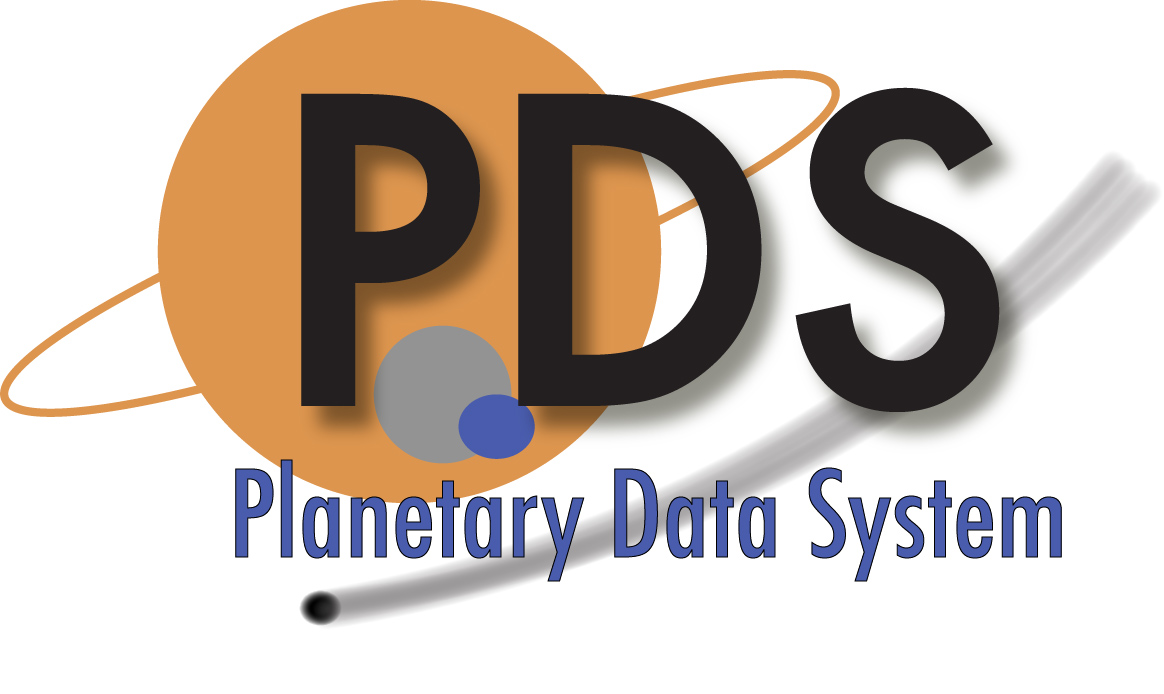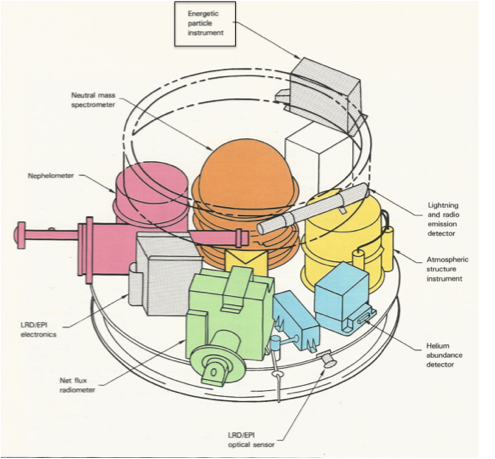
The Energetic Particles Investigation (EPI) instrument operated during the pre-entry phase of the Galileo Probe. The major science objective is to study the energetic particle population in the innermost regions of the Jovian magnetosphere - within 4 radii of the cloud tops - and into the upper atmosphere. To achieve these objectives the EPI instrument made omnidirectional measurements of four different particle species - electrons, protons, alpha-particles, and heavy ions (Z > 2). Intensity profiles with a spatial resolution of about 0.02 Jupiter radii were recorded. Three different energy range channels were allocated to both electrons and protons to provide a rough estimate of the spectral index of the energy spectra. In addition to the omnidirectional measurements, sectored data were obtained for certain energy range electrons, protons, and alpha-particles to determine directional anisotropies and particle pitch angle distributions.
Access to the Galileo Probe Data Volume
Citing the data
Publications - A listing of team members to facilitate literature searches.
References Helpful in Scoping the Mission
The Energetic Particle Instrument Data
Review Article
Instrument Description
The Data set Overview and Explanation of the data
The Data Files
Instrument Description
The Data set Overview and Explanation of the data
The Data Files
Other Documentation
Access to the Galileo Probe Data Volume
PDS recommendations for citing data sets can be found here.
Fischer, Harald, (1996), Galileo Probe EPI Data Set, PDS Atmospheres (ATM) Node, https://doi.org/10.17189/c8ka-r620
Fischer, Harald, (1996), Galileo Probe EPI Data Set, PDS Atmospheres (ATM) Node, https://doi.org/10.17189/c8ka-r620
Publications - A listing of team members to facilitate literature searches.
 PDS: The Planetary Atmospheres Node
PDS: The Planetary Atmospheres Node


